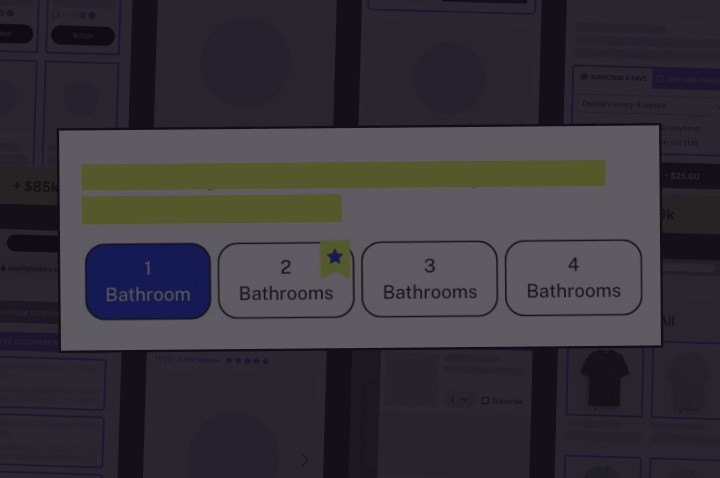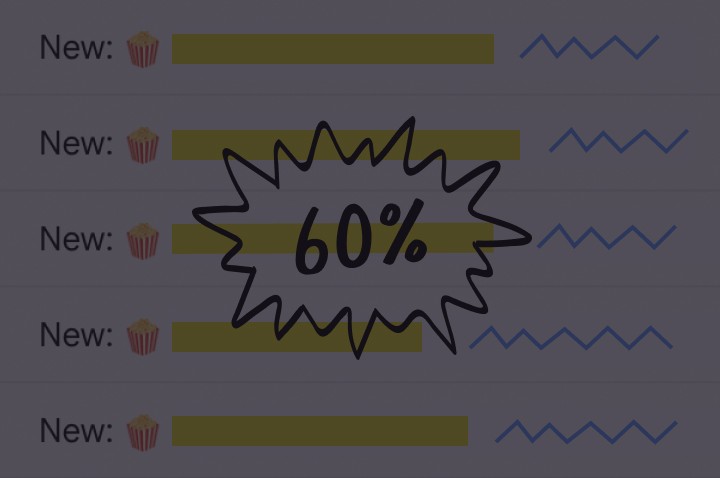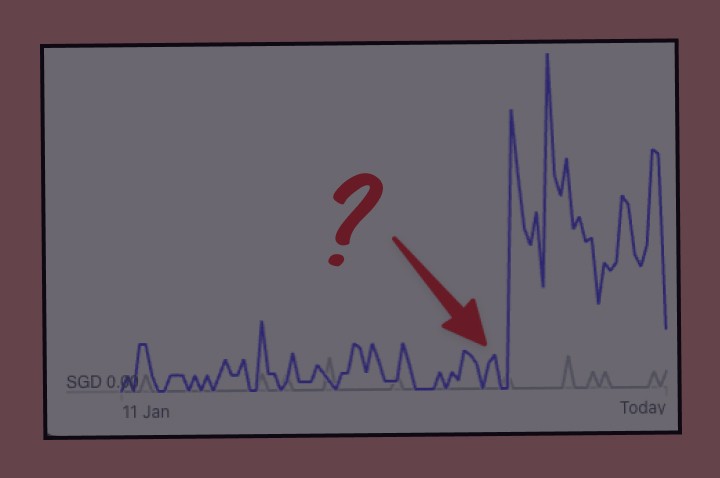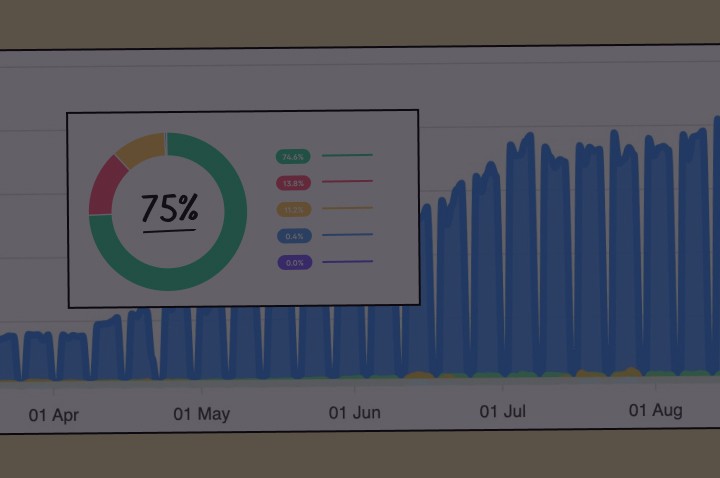

Podia's hub of competitor comparison pages
For any popular product, there’s always a bunch of people who are unhappy or who want to compare alternatives.
One nice trick is creating a comparison page targeting the “[your competitor name] + alternative” search term. For example, EmailOctopus has a “Mailchimp alternative” page.
Even if the search volume is low it's one of the best terms to rank for because anyone Googling has an intent to purchase. A “[competitor] + alternative” page with 50 / mo organic traffic might convert more paid users than a blog post with 5000 / mo organic traffic.
Podia, the online course platform, nails this strategy. Let’s run through it:
A hub of pages
The first area where Podia excels is volume. In total they have 37 “[competitor] + alternative” pages (all variations of the same template) pulling in 5,500 organic traffic / mo:

I like this strategy because once the first template is built the marginal cost of adding another is minimal.
It also allows Podia to hedge their bets. No matter which competitor becomes “the next big thing” Podia are ready to pinch any unhappy customers.
Antidote to pain
The beauty of “alternative” pages is they allow you to position yourself as the antidote to your competitors' pain. And Podia doesn't miss an opportunity:
1) For each competitor, their copy hits at the heart of why someone might want to migrate away.

2) The categories in their comparison table are handpicked (from a much larger pool) to best highlight each competitor's deficiencies.

3) Even their testimonials are targeted. For instance, the “Gumroad alternative” page showcases a customer who previously migrated from Gumroad:

Engage each user
Podia also do a great job of encouraging dialogue. On viewing one of their “alternative” pages a message appears reading:
Hey! 😊 Quick question: are you currently using [Competitor]?
The aim is to turn a landing page visit into a sales interaction. I bet Spencer is well versed on each competitor's pain points.

Defend Territory
Finally, Podia have also built a “Podia Alternative” page themselves where they compare the competition.
Given this page is on their domain it’s sure to come in at No 1 for the “Podia Alternative” search term.
This prevents competitors with “Podia Alternative” pages, strolling to the top of Google unchallenged, and pinching their own customers.
Results
Does Podia's strategy actually work? Well, to quote Annie Maguire, who wrote the copy for these pages, “they're converting visitors to trial accounts at over 10%.” So that is a resounding yes!
Summary
To summarise Podia’s execution:
1) Create a “[your competitor name] + alternative” template
2) Duplicate for all competitors
3) Be the antidote to the pain your competitors bring
4) Encourage dialogue with a targeted message popup
5) Cover yourself by creating your own alternative page.
Nod of Appreciation
Thank you to Andrea Bosoni for tipping me off about this. If you'd like to learn more about SEO I'd recommend following him on Twitter.



























































































































































